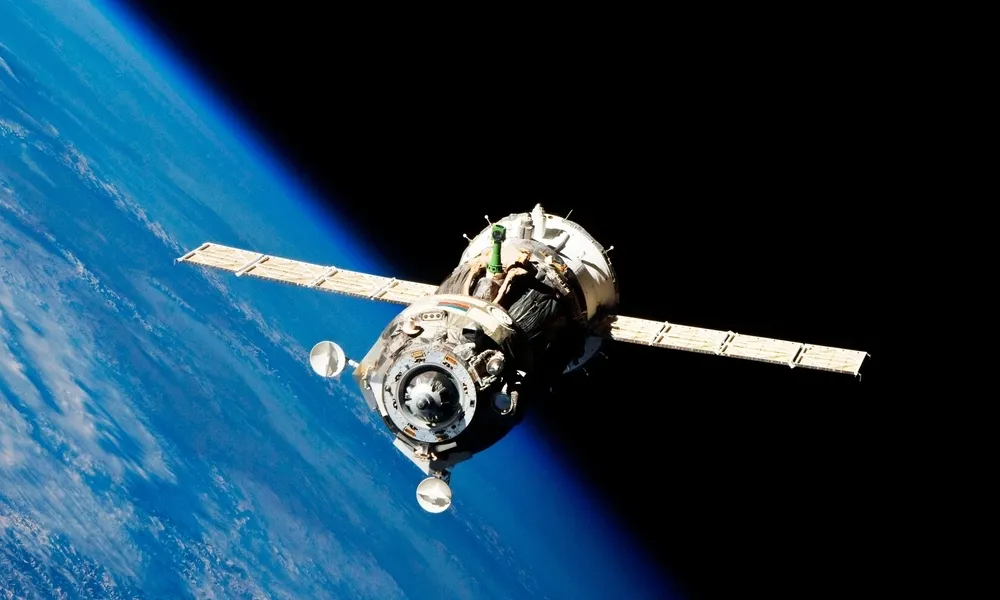The Republic of Cyprus has signed an Associate Agreement with the European Space Agency (ESA) and is expected to become an Associate Member in the coming months, pending national ratification.
The agreement was signed by ESA Director General Josef Aschbacher on behalf of ESA Member States and Deputy Minister of Research, Innovation and Digital Policy Nicodemos Damianou for Cyprus. Delegations from all 23 ESA Member States attended the ceremony. With Cyprus’s ratification, ESA will count four active Associate Members: Cyprus, Latvia, Lithuania and Slovakia.
Cyprus and ESA have cooperated for a decade, with Cyprus becoming a European Cooperating State in 2017. Nicosia plans to complete ratification and achieve associate membership by early 2026, during Cyprus’s Presidency of the Council of the European Union from January to June 2026. Cyprus will also indicate its subscriptions to ESA optional programmes at the Ministerial Council meeting in Bremen on 26 and 27 November.
Why this matters for Cyprus
Officials say Cyprus is positioning itself as a regional hub for telecommunications, Earth observation and satellite navigation, leveraging its location and climate. A national space strategy and space law are already in place, backed by interministerial coordination, growing industry links and participation in ESA activities.
ESA’s Josef Aschbacher congratulated Cyprus and credited long-term cooperation for the sector’s progress, welcoming Cypriots to a journey of discovery, innovation and shared progress.
Deputy Minister Nicodemos Damianou called the agreement a milestone that reflects Cyprus’s readiness to take an active role in Europe’s space ecosystem. He said Cyprus’s position at the intersection of four regions and its elevated geopolitical role allow it to act as a stable and secure gateway for global space operations. Looking to the 2026 EU Council Presidency, he described space as a pillar of Europe’s growth, competitiveness and strategic autonomy, and pledged to advance partnerships and policies that deliver tangible benefits for citizens and the economy.
Source: The European Space Agency
